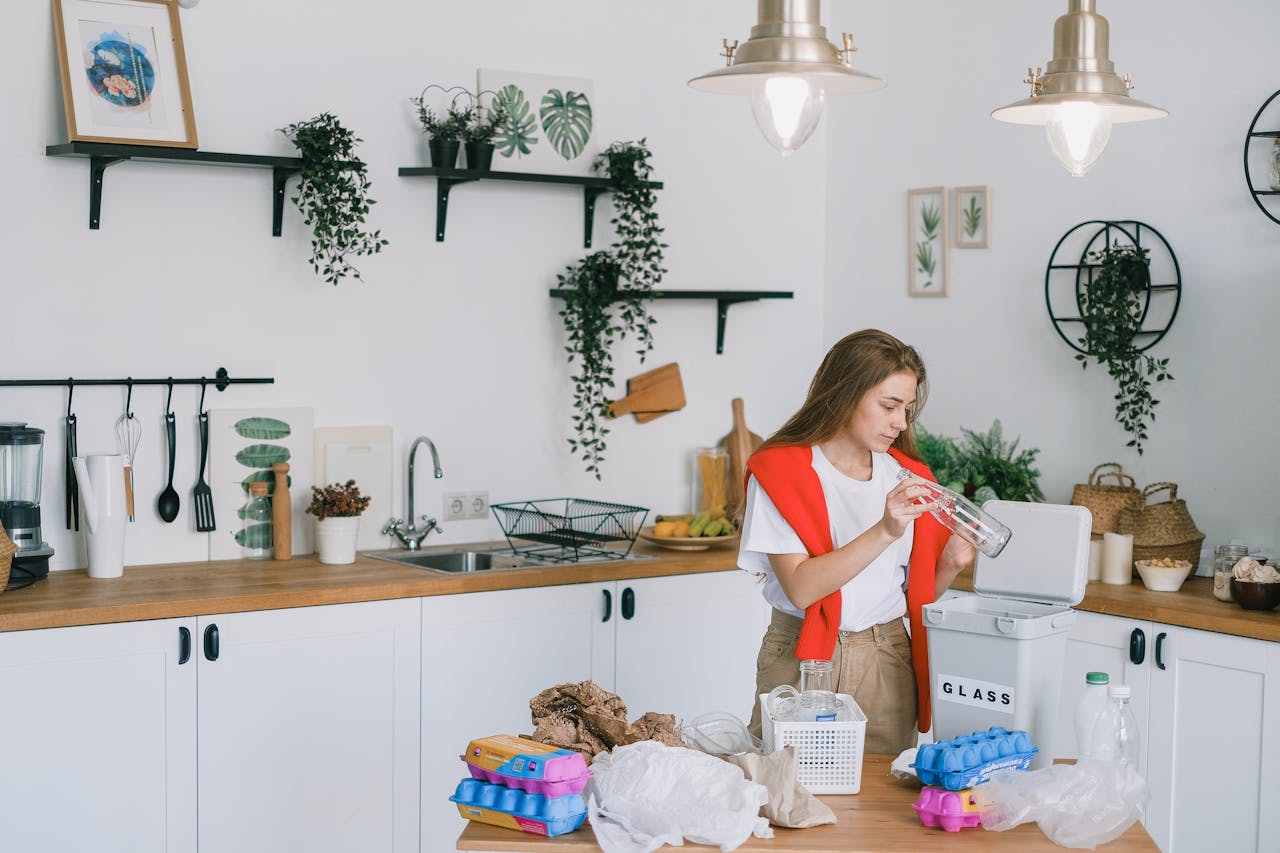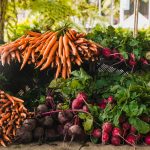In the current era, waste management and recycling have become essential daily practices, not only for businesses but also for ordinary households. This article aims to enlighten you on the best practices for recycling in a UK kitchen. We will delve into the do’s and don’ts of handling various kitchen waste like food, plastic, and paper among other items.
Understanding Your Local Waste Management Regulations
Before embarking on the recycling journey, it’s integral to comprehend your local waste management regulations. These are set by your local authority and may vary from one region to another. Understanding these rules will help you know what materials are accepted in the recycling collection, the bin colours used for different types of waste, and the collection schedule.
In the same genre : How to deal with common UK kitchen pests like moths and ants?
For instance, in most UK regions, green bins are used for garden and food waste, blue or silver for paper and cardboard, and brown for glass, cans, and plastic bottles. You should be aware that not all plastics can be recycled, and it’s vital to check with your local council for any specific guidelines on plastic disposal.
Proper Disposal of Food Waste
Dealing with food waste can be quite a challenge. However, it’s one of the most significant components of your kitchen waste that you need to manage properly. Instead of throwing all food waste into the general bin, consider segregating it for composting. This not only reduces the amount of waste going to the landfill but also provides you with nutrient-rich compost for your garden.
Also read : How to deal with common UK kitchen pests like moths and ants?
Before you start composting, it’s crucial to know what food waste can be composted. For instance, fruit and vegetable peelings, coffee grounds, tea bags, and eggshells are excellent for your compost bin. However, you should avoid adding meat, dairy products, and cooked food as these can attract pests and create unpleasant odours.
Effective Recycling of Plastic Waste
Plastic waste accounts for a significant amount of kitchen waste. Unfortunately, not all plastic items can be recycled. Therefore, it’s crucial to identify the types of plastic that your local recycling facility will accept. Typically, plastic bottles, tubs, pots, and trays are accepted in most facilities.
To ensure effective recycling, it’s advisable to rinse out any food residues from your plastic containers before placing them in the recycling bin. Additionally, try to avoid using plastic bags to collect your recyclable plastic waste as they can cause problems at the recycling facility. Instead, place the items directly in your recycling bin.
Paper and Cardboard Recycling Practices
Paper and cardboard form another significant part of kitchen waste. From food packaging boxes to egg cartons and paper towels, these materials are quite common in any kitchen. The good news is that most paper and cardboard materials are easily recyclable.
When recycling paper, ensure it’s clean and dry. Greasy pizza boxes or paper towels soiled with food residues should not be included in your paper recycling bin as they can contaminate the recycling process. Just like with plastic waste, avoid using plastic bags to collect your paper waste.
Implementing Recycling Practices in Your Business
If you’re running a food-related business, implementing best recycling practices in your kitchen is not only beneficial for the environment but can also contribute to your business image. Consumers today value businesses that show commitment to sustainability, and effective waste management can boost your reputation.
Whether it’s a restaurant, a café, or a catering business, start by training your staff on proper waste segregation. Provide clearly labelled bins for different types of waste, and ensure the waste is disposed of correctly according to your local recycling guidelines. Consider partnering with a waste management provider that offers recycling services for businesses.
In summary, whether it’s in a domestic kitchen or a business establishment, effective recycling practices contribute greatly to waste reduction and environmental conservation. By understanding your local regulations, segregating your waste correctly, and implementing proper disposal practices, you can make your kitchen a model for sustainable waste management.
Effective Management of Glass and Metal Waste
In a typical UK kitchen, there’s also a significant amount of glass and metal waste, such as drink cans, jars, tins, and foil. Knowing how to manage this type of waste is equally crucial to achieving successful waste recycling.
When it comes to glass bottles and jars, ensure they are empty and rinsed before putting them in the recycling bin. It’s important not to include other types of glass such as window panes, light bulbs, or cookware, as these are made from different materials that don’t melt at the same temperature as glass containers, hence interfering with the recycling process.
For metal waste, most local authorities in the UK accept aluminium and steel cans in the recycling collection. This includes drink cans, food tins, and clean aluminium foil. These should be rinsed to remove food residues before being put in the recycling bin. Some waste collectors also accept aerosol cans, as long as they are empty.
Implementing these top tips will help improve your glass and metal waste management practices, reduce your contribution to landfills, and promote a healthier environment.
Maximising Use of Anaerobic Digestion for Surplus Food
Sometimes, despite our best efforts, we generate surplus food that can’t be composted or otherwise recycled at home. In such cases, anaerobic digestion provides an excellent option for disposing of this waste food.
Anaerobic digestion is a process where microorganisms break down organic material in the absence of oxygen. This generates biogas, which can be used for heating, electricity generation, and vehicle fuel, and digestate, a nutrient-rich fertilizer.
Many local authorities in the UK now offer food waste collection services specifically for anaerobic digestion. This not only provides a sustainable way of dealing with surplus food, but also helps create renewable energy and contributes to soil fertility. So, if you have non-compostable food waste, check with your local council to see if they provide this service.
Conclusion: Recycling as a Way of Life
To conclude, the best practices for recycling in a UK kitchen involve understanding your local waste management regulations, segregating and disposing of your waste correctly, and maximizing the use of available recycling services.
Adopting effective recycling practices is not just about compliance with regulations. It’s about embedding a culture of sustainability in our daily lives. Through recycling, we can contribute to the reduction of household waste, decrease the demand for raw materials, and lower greenhouse gas emissions.
So, whether you’re dealing with food waste, plastic, paper, glass, or metal, remember that every step taken towards better waste management makes a difference. And with each piece of waste correctly disposed of, you are playing a part in protecting our environment for future generations.






